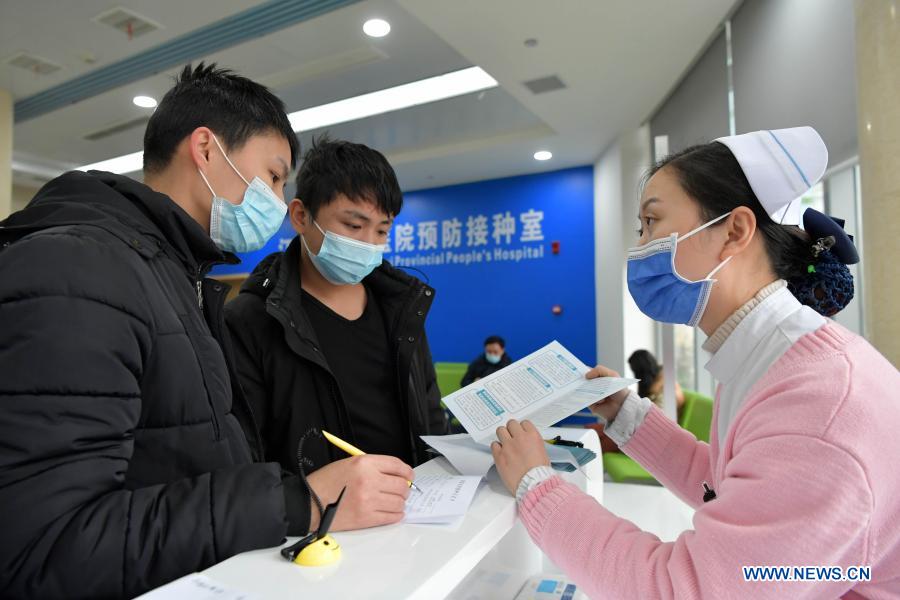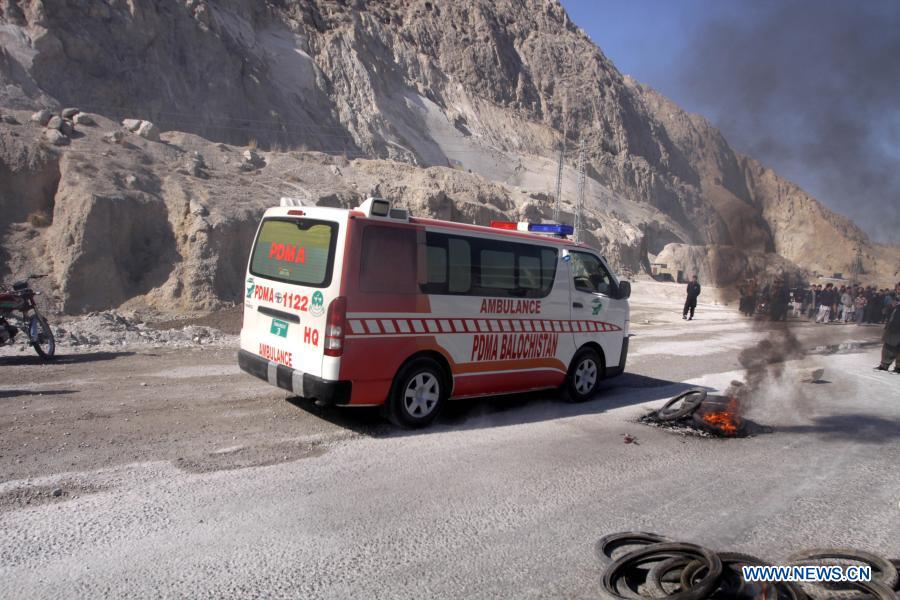-- As of the end of November, southwest China's Yunnan Province, one of the nation's major anti-AIDS battlegrounds, has achieved the UN "90-90-90" targets.
-- All rural townships in the province have ample capacity to conduct HIV-testing.
-- From January to October this year, Yunnan registered over 28.2 million tests, up 41.5 percent year on year.
by Wang Changshan, Li Huaiyan, Yao Bing, Zhao Jiasong
KUNMING, Nov. 30 -- After more than 30 years of fighting against HIV/AIDS, one of China's major anti-AIDS battlegrounds has achieved the UN "90-90-90" targets.
The HIV/AIDS prevention bureau of southwest China's Yunnan Province told Xinhua on Monday that, as of the end of November, Yunnan has attained the goal set by UNAIDS.
The goal consists of meeting three measurable objectives: 90 percent of people living with HIV should know their infection status; 90 percent of those with HIV are receiving sustained antiretroviral therapy; and 90 percent of those receiving such treatment are "virally suppressed," indicating a negligible risk of transmitting HIV sexually.
"Through unremitting efforts, Yunnan has transformed itself from one of the regions hardest hit by HIV/AIDS into a demonstration area of comprehensive prevention and treatment," said Lu Lin, head of the bureau.

Jia Manhong (R), senior advisor for the Yunnan provincial anti-AIDS commission who also serves on a disease prevention and control expert advisory committee of the National Health Commission, instructs staff members in doing experiments in Kunming, southwest China's Yunnan Province, Nov. 25, 2020. (Xinhua/Hu Chao)
THREE-DECADE FIGHT
When Jia Manhong began her job in HIV testing over three decades ago, her family and friends regarded it as "dangerous and unmentionable."
"My mom was so worried about possible infections. Every time I came home from work, she stared at me as I washed my hands and changed clothes," said Jia, 53. She is a senior advisor for the Yunnan provincial anti-AIDS commission and also serves on a disease prevention and control expert advisory committee of the National Health Commission.
Yunnan reported its first HIV infection in 1987 and found clusters of cases in 1989, thus becoming one of the country's main anti-AIDS battlefields. Jia, who had graduated from a medical school by then, joined the anti-virus frontline.
After 30 years of battling HIV, Jia noted a marked improvement in public awareness and the working conditions of medical staff.
"I remember we used to face a high risk of occupational exposure during experiments, and every year, several colleagues had to take HIV-blocking drugs," she said.
Starting from 2005, four rounds of the war against the HIV virus have been launched. "A province-wide prevention network is functioning well. The government-led, multi-sectoral participation model has consolidated and curbed the AIDS epidemic in the province," Lu Lin said.













